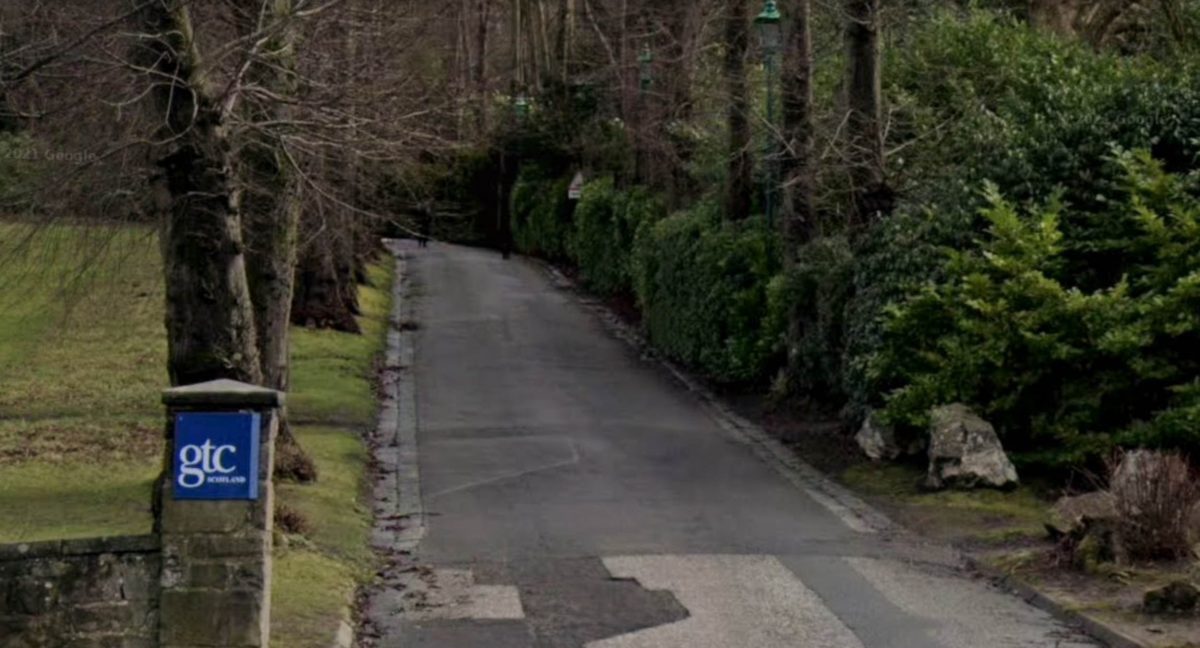A CLASSROOM worker has been accused of encouraging children as young as three to kiss each other.
Family support practitioner Lindsay McNicholas worked with autistic children at a school in the Highlands.
Ms McNicholas is alleged by the General Teaching Council for Scotland (GTCS) to have “blurred” professional boundaries at work.

But her lawyer, at a hearing in Edinburgh today, refuted the claims and is trying to have the case thrown out.
Hari Menon disclosed at the hearing that his client had faced four allegations at an earlier hearing last year.
He said “one was in relation to an inappropriate relationship, and two to four were in relation to kissing”.
She was accused of encouraging the children, who were no older than three, to kiss each other, as well as kissing a child on the cheek, said Mr Menon.
He said the hearing into his client, who provided one-to-one support to autistic children, was subject to “procedural irregularity”.
Several changes to the allegations against the classroom worker were a sign of an attempt to keep her “on the hook”, claimed the lawyer.
And he insisted that none of the remaining allegations amounted to an abuse of trust or a formation or an attempt to form an inappropriate relationship with a child.
Mr Menon also argued that “none of these allegations amount to anything” and said it would be a “grave injustice” to continue the case against McNicholas.
Presenting Officer Mark Lindsay countered by saying that there was “no serious procedural irregularity” and said it was “very much in the public interest for the case to proceed”.
Mr Lindsay described Ms McNicholas’ actions as a “blurring of professional boundaries” and refuted Mr Menon’s claims that the allegations should be dismissed.
He also put it to the panel that there were “no grounds” for the case made by Menon in the cancellation application.
He did concede that “the allegations have been reduced in number and seriousness” when discussing changes made to the allegations since the GTCS initially investigated McNicholas.
The precise detail of the current allegations against Ms McNicholas were not read out during today’s hearing.
The GTCS refused to assist when asked for this information.
A spokeswoman for the GTCS said: “In line with our publication policy, we are unable to provide details on Registrants in regards to our fitness to teach process.”
McNicholas took her former employer to an employment tribunal two years ago after she was “forced to resign” because of the allegations.
She won her case against CALA Staffbank, who supplied McNicholas to the undisclosed nursery, after the tribunal agreed she was unfairly dismissal.
The tribunal, which took place in in 2019, found that McNicholas had been contacted by a parent of a child she supported.
A mother told McNicholas she was going into hospital overnight in preparation for a cesarean section and asked her to look after her child, a three year old boy with severe autism, overnight.
In the tribunal decision report, it says: “ The claimant did not consider that she might be crossing professional boundaries and intended on informing her managers about the situation at their next meeting.”
It also says that a member of staff sent an email to McNicholas that contained an allegation that she had encouraged the same child to kiss other children.
A quote from the email in the report says that staff at the nursery “‘‘don’t want children being encouraged to kiss each other” and that they would prefer that any physical contact “be encouraged to be a hi-five or equivalent’’.
But the tribunal found that the nursery had fallen short in its care of the child in an array of manners.
The report says that the nursery made a repeated failure to allow the boy food and water except at set times.
They also failed to follow his care plan, and allowed him to be unattended for long periods, alongside another autistic child.